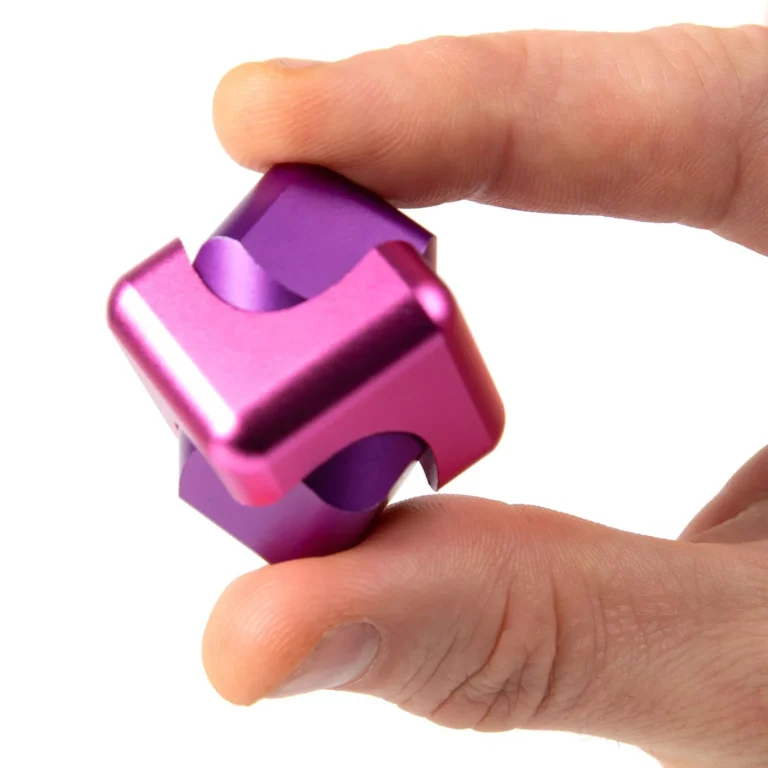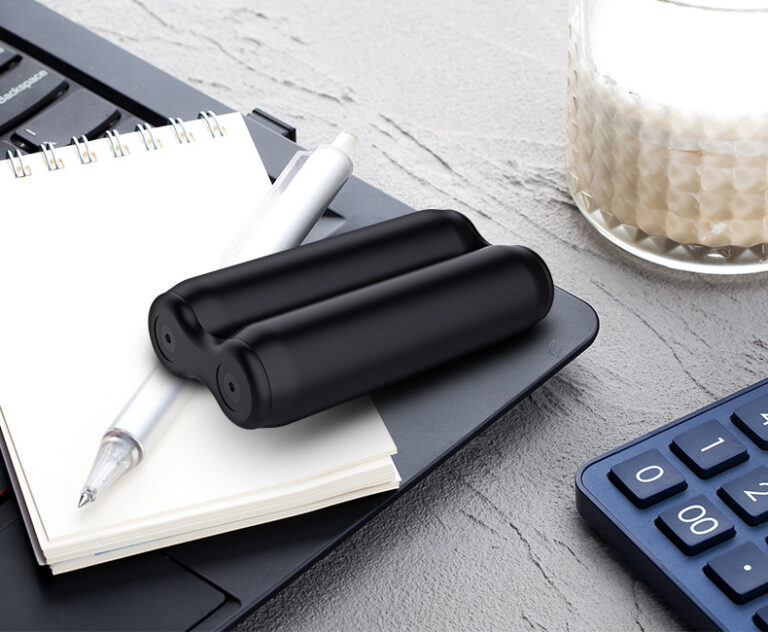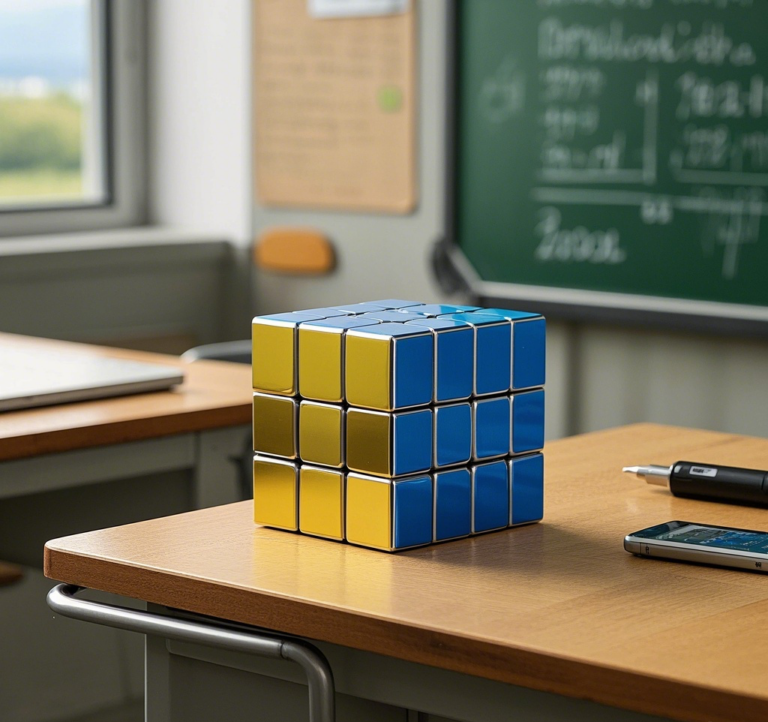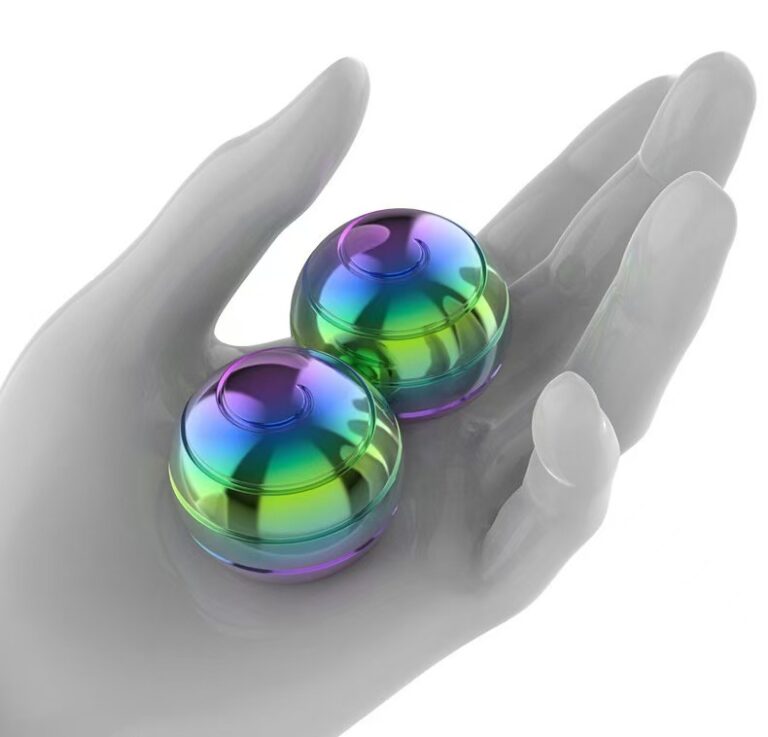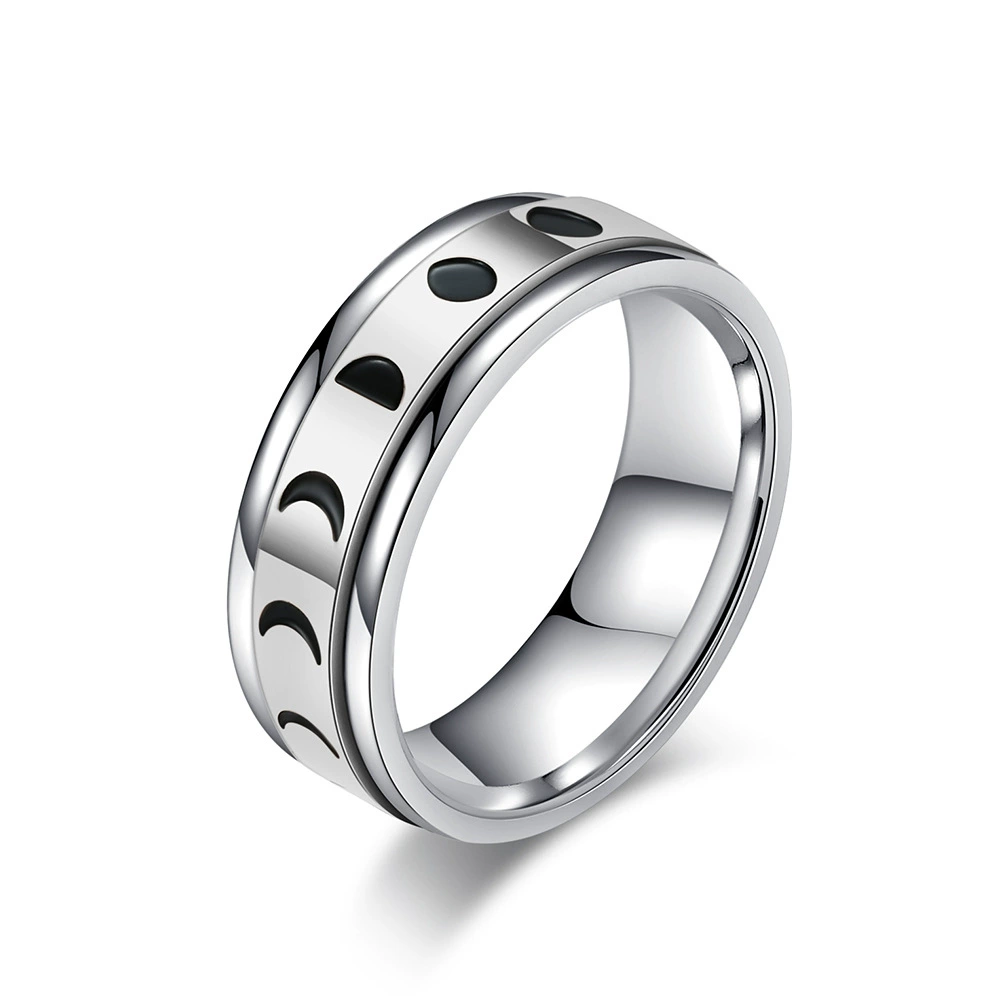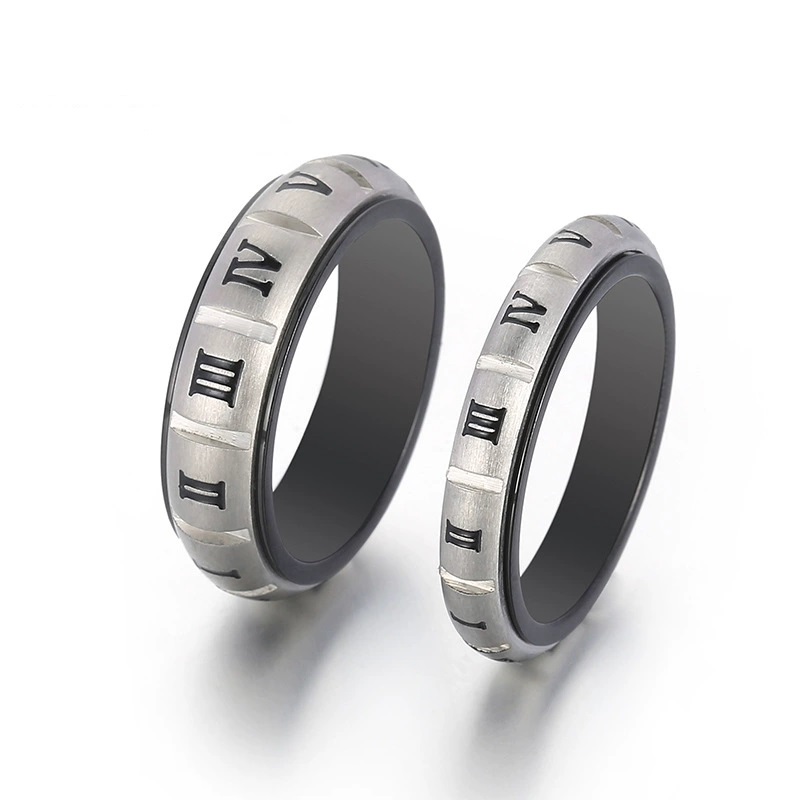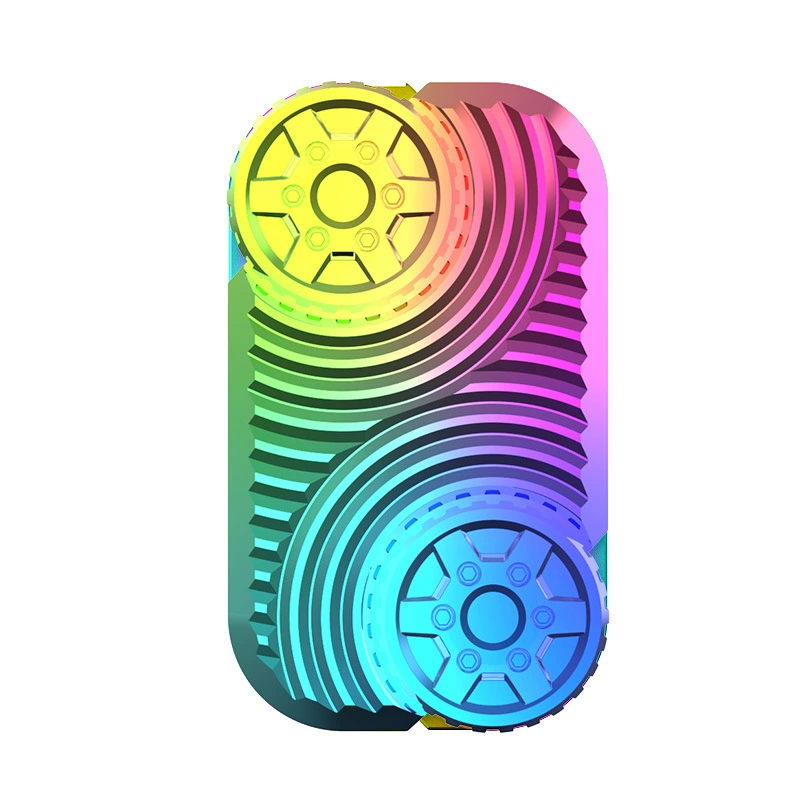-
Shenzhen City, GuangDong Province, China
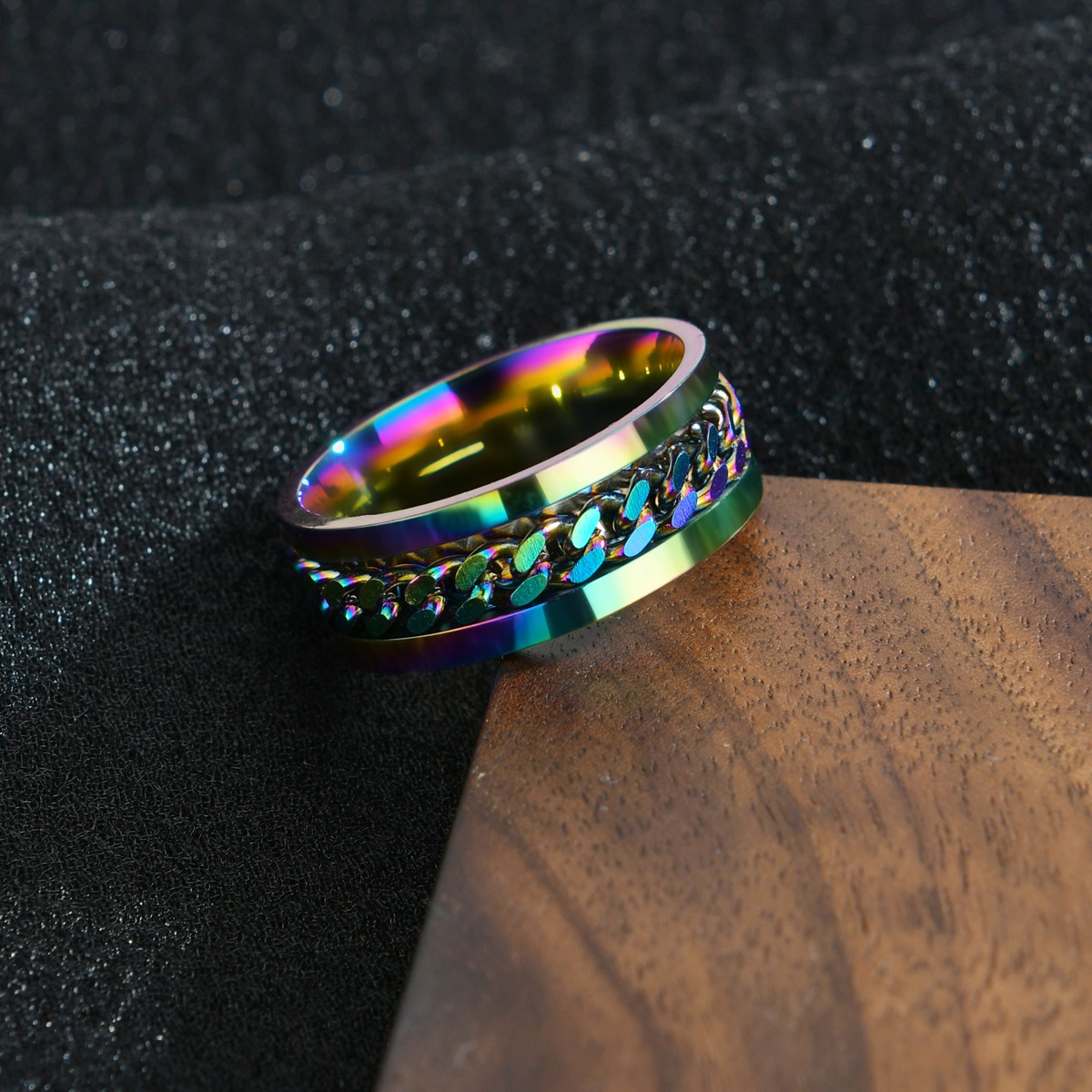
Do Fidget Toys Help With Anxiety?
Do you ever feel worried? Like your tummy feels funny, or your hands need to move? Lots of people feel this way sometimes. This feeling is called anxiety.
Lately, many people are talking about fidget toys. You see fidget spinners that spin around. You see Pop-it toys that make a fun pop sound. You see fidget cubes with buttons to click. There are also stress balls to squeeze and tangle toys to twist. These are all stress relief toys.
But the big question is: Do fidget toys help with anxiety? Do these calming gadgets really make you feel better? Or are they just fun toys?
Let’s find out! Some studies show they might help a little bit. They can be anxiety management tools. But it’s not a magic fix. Think of them as small mindfulness aids.
Table of Contents
How Fidget Toys Might Help Your Worries
Why might these sensory toys for adults and kids help?
- They Keep Your Hands Busy: When you feel worried, your mind races. A fidget toy gives your hands something to do. This is tactile feedback. It gives you sensory stimulation. It can pull your thoughts away from the worry. This is called cognitive distraction. It helps with restlessness reduction.
- They Can Be Calming: Doing the same motion over and over, like spinning or clicking, can feel nice. These repetitive motion benefits might help your body relax. It’s a way of channeling stress. Some people call this mindful fidgeting. It’s like hands-on therapy.
- They Help You Focus: Sometimes, if you feel wiggly, it’s hard to listen or work. A quiet classroom tool or one of the office desk toys might help. One old study showed that drawing (like fidgeting!) helped people focus more. This is focus enhancement. It can be one of many anxiety reduction techniques. These ADHD coping tools can also help people with ADHD. They are emotional regulation tools.
Think about worry stones. They are smooth and nice to hold. They use tactile stimulation. Or kinetic sand which feels cool. Even simple rubber squishies can give tactile feedback. Some anti-anxiety devices use pressure points stimulation.
When Do Fidget Toys Work Best?
Fidget toys seem to help most with small worries, not big ones.
- Mild Worries: If you feel a little nervous before a test (test anxiety solutions) or during a meeting (anxiety during meetings), a fidget toy might help you calm down. They are portable stress relievers. These mental health gadgets are good for momentary stress relief.
- Focus Issues (like ADHD): People with ADHD sometimes need to move to focus. Classroom fidget tools can help them pay attention without bothering others. These are focus improvement tools. They support executive function support. ADDitude Magazine often talks about these tools. The CDC also has info on ADHD. Some kids with Autism Spectrum Disorder (ASD) or Sensory Processing Disorder (SPD) also like them. Autism Speaks and the National Autistic Society (UK) talk about autism sensory tools. These tools aid sensory integration therapy. They help manage sensory seeking behaviors and tactile defensiveness. Understood.org is a good place to learn more.
- Kids and Adults: There are toys for everyone! Pediatric therapy tools are great for anxiety in children. Sensory toys for adults can be used at work. They are desk-friendly toys. Some are socially discreet fidgets.
These anxiety coping mechanisms can improve academic performance and fidgeting situations. They are helpful classroom accommodations. They can be part of therapeutic play. Using silent stress relievers or quiet classroom tools means you won’t distract others. They can be good active listening aids.
But Fidget Toys Don’t Fix Everything
It’s important to know that fidget toys have limits.
- Not a Cure: Fidget toys are not medicine. They cannot cure big anxiety disorders. If you feel very worried a lot, you need more help. They are behavioral therapy aids, but not therapy itself. They are non-pharmacological interventions, meaning they aren’t drugs.
- Can Be Distracting: Sometimes, a toy can be too interesting! Instead of helping you focus, it might make it harder. Some might be too loud or bright, causing overstimulation risk.
- Not Much Proof: While some people feel better using them, there isn’t a lot of strong science yet. Many reports are just stories (anecdotal reports). We need more stress reduction research and anxiety relief studies. The Journal of Anxiety Disorders and the Journal of Clinical Psychology publish such studies. We need more stress-relief research. The Lancet sometimes has big mental health studies. Johns Hopkins does anxiety research.
- No Rules: Most fidget toys are just sold as toys. They are not checked by groups like the FDA (Food and Drug Administration) as therapy-approved tools.
Experts like those at the American Psychological Association (APA) say these are okay as extra help. They can be part of your anxiety toolkits. But they don’t replace talking to a doctor or therapist. The Mayo Clinic gives good advice on anxiety. Anxiety Canada and the Anxiety and Depression Association of America (ADAA) are great resources. Mental Health America (MHA) also helps.
What Studies Say – A Quick Look
| Study/Source | What It Found | Does It Help Anxiety? | Problems? |
|---|---|---|---|
| HealthMatch.io | Toys you touch might help. Doodling helped focus. | Helps distract from small worries. | Not much study on fidget toys alone. |
| VanishingIncMagic.com | They distract you. Don’t fix big worry problems. | Good for quick calm down in stressful moments. | Not a long-term fix. |
| SensoryEdge Blog | Called “Rapid Stress Management Tools”. Might help stop panic feelings quickly. | Good for stopping sudden worry feelings. | No big science tests prove this yet. |
| Fidgithings Survey | Many users felt less stress at work/study (68%). Some felt less shy (42%). | People say they feel better. | Small group; people might say yes easily. |
| APA Expert Opinion | Might lower stress hormones for a bit. But NOT a replacement for real therapy. | Can be used with other help for mild worry. | Not checked like medicine. |
| Child Mind Institute | Kids with ADHD focused better (15% more work done). Worry didn’t change much. | Helps focus, maybe less stress from tasks. | Better focus isn’t less worry. |
| Occ. Therapy Journal | Grown-ups felt 22% less worried during hard work tasks using touchy toys. | Good for work stress, but just for a short time. | Small study; short time only. |
This table shows that fidget toys for anxiety might help sometimes, but we need more proof. They help with stress resilience.
Top 5 Fidget Toys People Like for Anxiety
If you want to try one, here are some popular stress relievers:
- Fidget Cube: This small box has buttons, switches, and rollers. Many are silent fidget toys. You can find a metal fidget cube spinner or even an aluminum infinity cube. Check out this Fidget Cube Spinner. Infinity cubes like the Aluminum Infinity Cube-Rivet version are also neat fidget cube fidget spinners. Brands like FidgetLand make these.
- Pop-Its: These feel like bubble wrap you can pop over and over. PopSockets Pop-It is one brand. Cra-Z-Art Toys also makes them. They offer great tactile feedback.
- Tangle Toys: These twisty toys by Tangle Creations are quiet and keep hands busy. Good for fine motor skills development.
- Worry Stones: Smooth, flat stones to rub. Very simple grounding techniques. A portable stress reliever.
- Desk Spinners: Fancy office desk toys like the Mezmoglobe Luna Kinetic Desk Toy. They spin for a long time. Catherine Hettinger invented the original fidget spinner. There are many kinds, like the Windmill Desk Spinner Toy or the Ripple Desk Fidget Spinner. Metal Mezmoglobe Desk Spinners are cool kinetic office desk toys. Euler’s Disk is another mesmerizing kinetic desk toy.
Other options include stress balls from places like StressBall.com, hand strengtheners, fidget rings (like stainless steel fidget rings or lover anxiety fidget rings), chewable jewelry (like from Chewigem) for oral motor tools, magnetic cube puzzles, ONO rollers, and magnetic fidget sliders. Some toys win awards like the Tillywig Toy Awards. Look for STEM-approved fidget toys. Amazon “Best Sellers” fidget list has popular ones. Therapro sells occupational therapy tools.
What Else Can Help Worries Besides Fidget Toys?
Fidget toys are just one small tool. Here are other anxiety coping mechanisms:
- Mindfulness Apps: Apps like Calm or Headspace teach you to relax. This is like Mindfulness-Based Stress Reduction (MBSR).
- Deep Breaths: Taking slow, deep breaths sends a calm signal to your brain. This is a core part of relaxation techniques.
- Stress Balls or Therapy Putty: Squeezing these can release tension. TheraBand Hand Exercisers are one type.
- Journaling or Doodling: Writing or drawing your feelings helps get them out. This is another way to manage anxiety symptoms.
- Talking: Talking to friends, family, or a therapist is very important for big worries. Cognitive Behavioral Therapy (CBT) is a helpful type of talk therapy. Some fidgets are seen as CBT aids.
These anxiety reduction techniques help build your mind-body connection. They are good self-soothing techniques and stress-handling mechanisms. They can trigger the relaxation response.
Tips for Using Fidget Toys
If you use a fidget toy for anxiety symptom management:
- Be Quiet: Choose silent fidget toys or silent classroom aids if you are around others. A socially discreet fidget is best for anxiety during meetings or class.
- Use With Other Help: Don’t only use a fidget toy. Use it along with mindfulness practices or therapy. Think of it as executive function support.
- See if it Works: Does it help you? If not after a few weeks, try something else. Maybe kinetic sand or a textured sensory tool works better for you. It could be a boredom reducer or help with mental fatigue reduction. Or maybe it helps with body-focused repetitive behaviors (BFRBs) like nail-biting by being a nervous habit substitute.
Fidgeting might even help release feel-good chemicals like dopamine (fidgeting and dopamine release). It supports attention regulation.
So, Do They Help? The Short Answer
Fidget toys can be helpful stress relievers for small, short-term feelings of worry or restlessness. They act as distraction techniques. They give tactile input which some people find calming.
However, they are not a cure for serious anxiety disorders. There isn’t strong proof (stress reduction efficacy) that they work for everyone or for big problems. Think of them as one small tool in a big box of anxiety management tools. They encourage mindful fidgeting and stress-relieving movements. They offer multisensory engagement.
If you feel worried a lot, please talk to a grown-up you trust or a doctor. Organizations like the National Institute of Mental Health (NIMH) or the American Occupational Therapy Association (AOTA) offer guidance. Your school might offer help through an IEP (Individualized Education Program). News sources like The Guardian, The New York Times, and Forbes sometimes cover fidget toy trends. WebMD offers anxiety tool recommendations. Even a TED Talk discussed “The Power of Fidgeting”. Places like Sensory University or Child’sPlay Therapy Center might offer insights too. Remember, taking care of your mental health is important.

